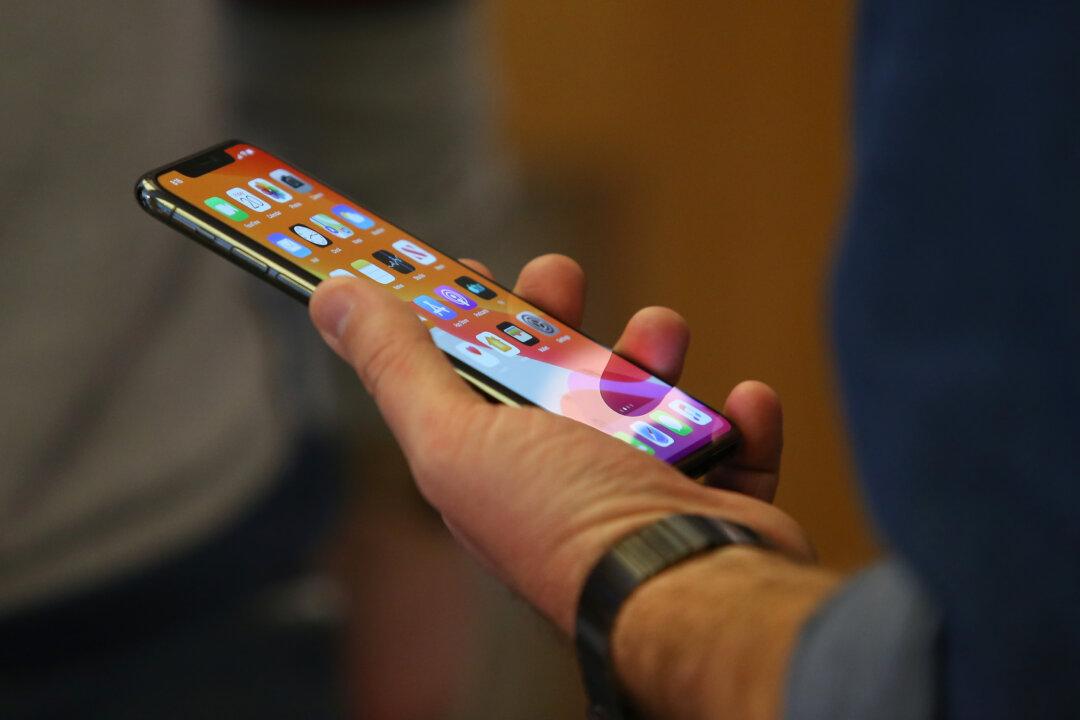A cracked cell phone screen or dead iPhone battery could be easier to fix starting next year in California after the approval of a new consumer rights law signed by Gov. Gavin Newsom.
Senate Bill (SB) 244, the “Right to Repair Act,” aims to cut down on electronic waste and make it easier for anyone to get electronics fixed at independent repair shops by expanding access to materials and information needed to fix electronics and appliances.





